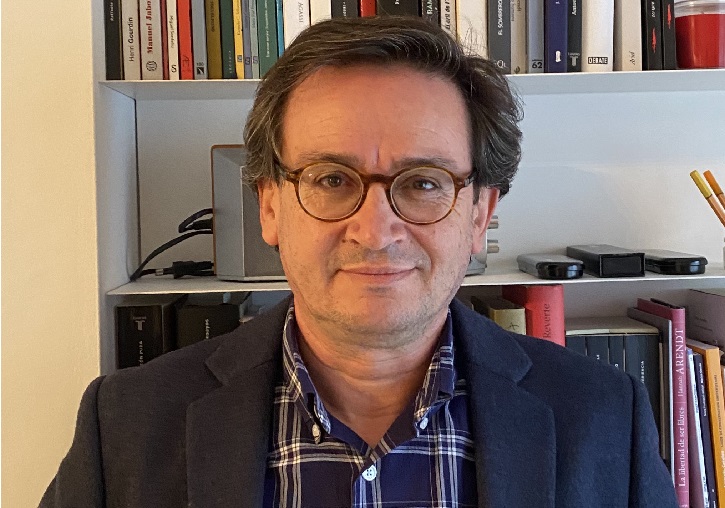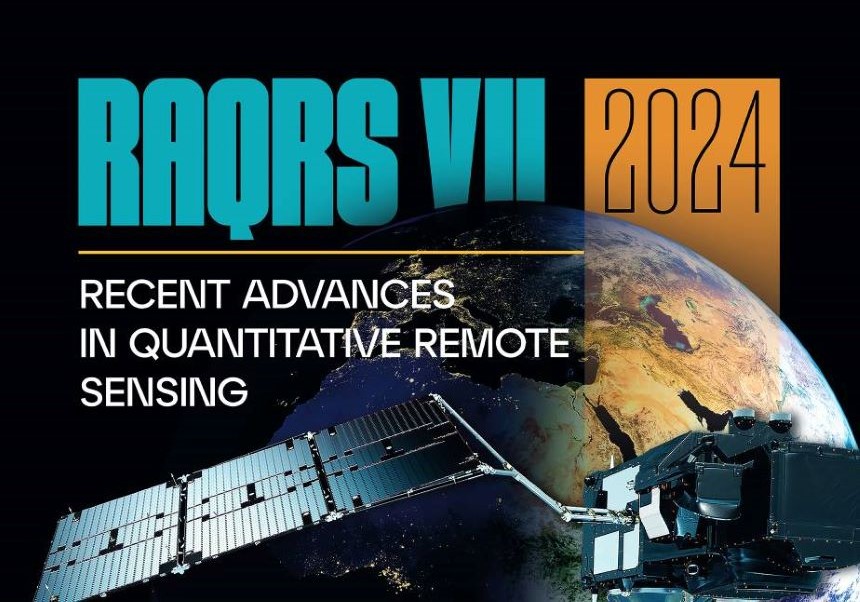The European Court of Human Rights has sentenced Spain up to 62 times in the last 20 years for not respecting the right to a fair trial
- Scientific Culture and Innovation Unit
- May 9th, 2020

Ricardo Juan Sánchez, professor of Procedural Law at the University of Valencia, has analysed from the perspective of procedural law 149 judgments issued between 2000 and January 2020 by the European Court of Human Rights (ECHR) referring to Spain. Of these, 62 sentenced Spain, and among them, ten are for not having carried out a sufficient judicial investigation into allegations of torture by members of the state law enforcement and security forces. The study, published as a book, is part of a research project on criminal justice facing the challenges of efficiency, security, and procedural guarantees.
The book Proceso justo en España y Tribunal Europeo de Derechos Humanos (‘Fair process in Spain and the European Court of Human Rights’) by Ricardo Juan Sánchez has been written in accordance with article 6 of the European Convention on Human Rights, which sets out the right of each person to have their case heard fairly, publicly and within a reasonable time. In this way, most of the violations of this right described and their convictions against Spain are concentrated on structural aspects of Spanish justice, such as the excessive duration of the processes.
The sentences under analysis are those in which the ECHR has issued an acquittal or conviction, that is, they are judgments on the merits or, in the terminology of the Court, by judgment delivered. “This is a total of 149 sentences of which in a first numerical analysis we can highlight that only 62 are convictions”, said Ricardo Juan Sánchez. Some aspects of the reason for correction, the expert continues, “have already been corrected, such as the problem of reviewing on appeal against criminal acquittal sentences”.
In addition, the professor of Procedural Law explains: “there are considerably few convictions in such delicate aspects as the impartiality of our courts or the respect of the presumption of innocence of those tried”. For the author, if it were necessary to assess the Spanish judicial system from the perspective of the European Convention on Human Rights, the balance is mostly positive, however, he stresses that at no time “can it be self-indulgent”.
The book containing this analysis has been published in the framework of the research project “RTI2018-095424-B-I00. La justicia penal ante los retos de la eficiencia, la seguridad y las garantías procesales (‘Criminal justice before the challenges of efficiency, security and procedural guarantees)”, of which Ricardo Juan Sánchez is the principal researcher. The Manuel Serra Domínguez Foundation has also collaborated in the work, which aims to promote the study, research and teaching of Procedural Law.
File in: Producció científica , Dret Administratiu i Processal , Investigació a la UV , Facultat de Dret , Finançament recerca , Internacionalització recerca , Difusió i comunicació científica , Col·laboració amb empresa















